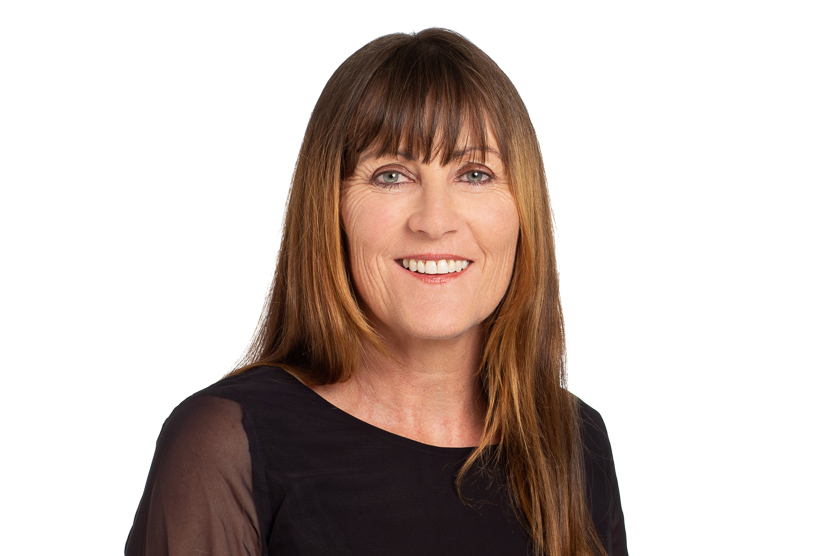Blanket speed limit will drive investment south
By Deputy Mayor Ann Court
Most Northlanders will be aware of government plans to reduce speed limits from 100km/h to 80km/h on state highways in our region. This is part of Waka Kotahi’s Road to Zero national safety campaign aimed at reducing road accidents and deaths. Without doubt, we need to tackle the appalling rate of death and serious injury recorded on our roads.

Most Northlanders will be aware of government plans to reduce speed limits from 100km/h to 80km/h on state highways in our region. This is part of Waka Kotahi’s Road to Zero national safety campaign aimed at reducing road accidents and deaths. Without doubt, we need to tackle the appalling rate of death and serious injury recorded on our roads.
Northland has the second highest rate of road deaths and serious injuries in the country, totalling 14.4 fatalities per 100,000 people. The national average is 6.3. However, I believe that cutting the speed limit to reduce this toll is a misdirection. Instead, we should focus on making our roads safer.
Evidence shows that a death or serious injury is practically inevitable when travelling at speeds as low as 70km/h. Of course, the higher the speed, the bigger the mess, but there is no evidence that a blanket speed reduction will achieve the result Road to Zero is seeking. We need to understand the causes of traffic accidents in Northland and then address these through a mix of education, enforcement, and speed limits where appropriate.
I’d like to know how many people are crashing and dying while driving at the posted speed limit in a road-legal vehicle and wearing a seatbelt. I hope it is not many, but we can’t be certain because no evidence-based report on this has been produced. I’d like to know how many deaths and serious injuries involve drugs, impairment, distraction, a lack of restraints, unsafe vehicles, and unlicensed drivers. The Police regularly report on crashes to the Regional Land Transport Committee. Rarely is speed the only factor. It almost always is a combination of the factors above, along with what you hit and how.
Without hard evidence demonstrating how a blanket speed reduction will reduce the tragic rate of death and injury we see on our highways I can only conclude it is about something else. Why is Northland being asked to accept reduced speed limits while Auckland and Waikato roads are engineered for 110km/h? The fact is roads engineered for speeds of 80km/h require less investment. I believe the 80km/h proposal is a cop out – a funding crisis wrapped up in emotive rhetoric.
Northland is the fastest growing region in terms of GDP. We need better infrastructure to support and enable our economic development, not less. Reducing our highway speed to 80km/h will add about 1 hour 20 minutes to the journey between Kaitaia and Auckland. That will have an impact on the hours truck drivers spend behind the wheel and will inevitably increase what we pay for delivered goods and services and what customers pay for our products. In short, the speed limit will put us at a disadvantage and will drive investment south. It may also achieve the opposite of what is intended. With limited overtaking opportunities, I fear more drivers will take more risks resulting in an increase in death and serious injury.
Tags: News story

